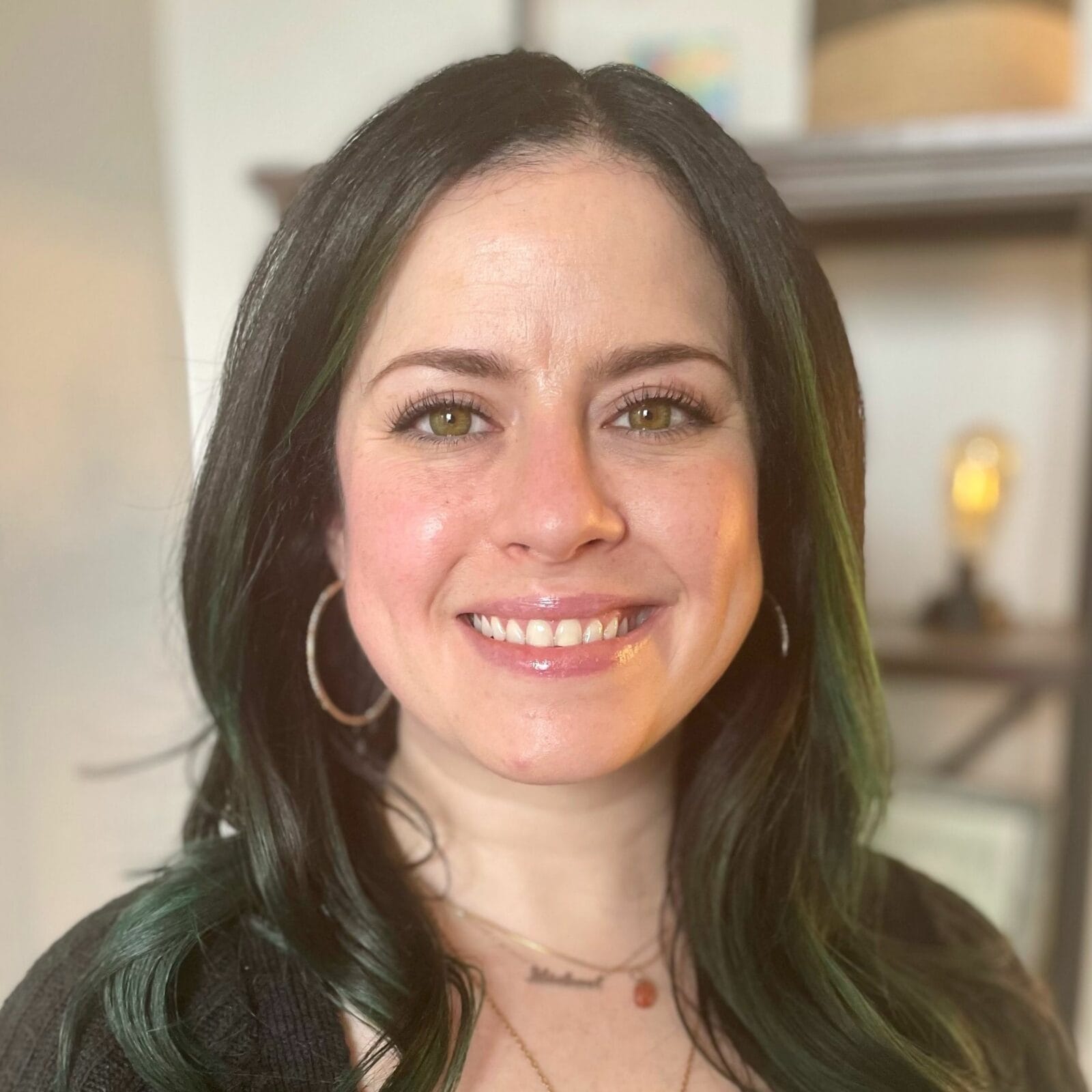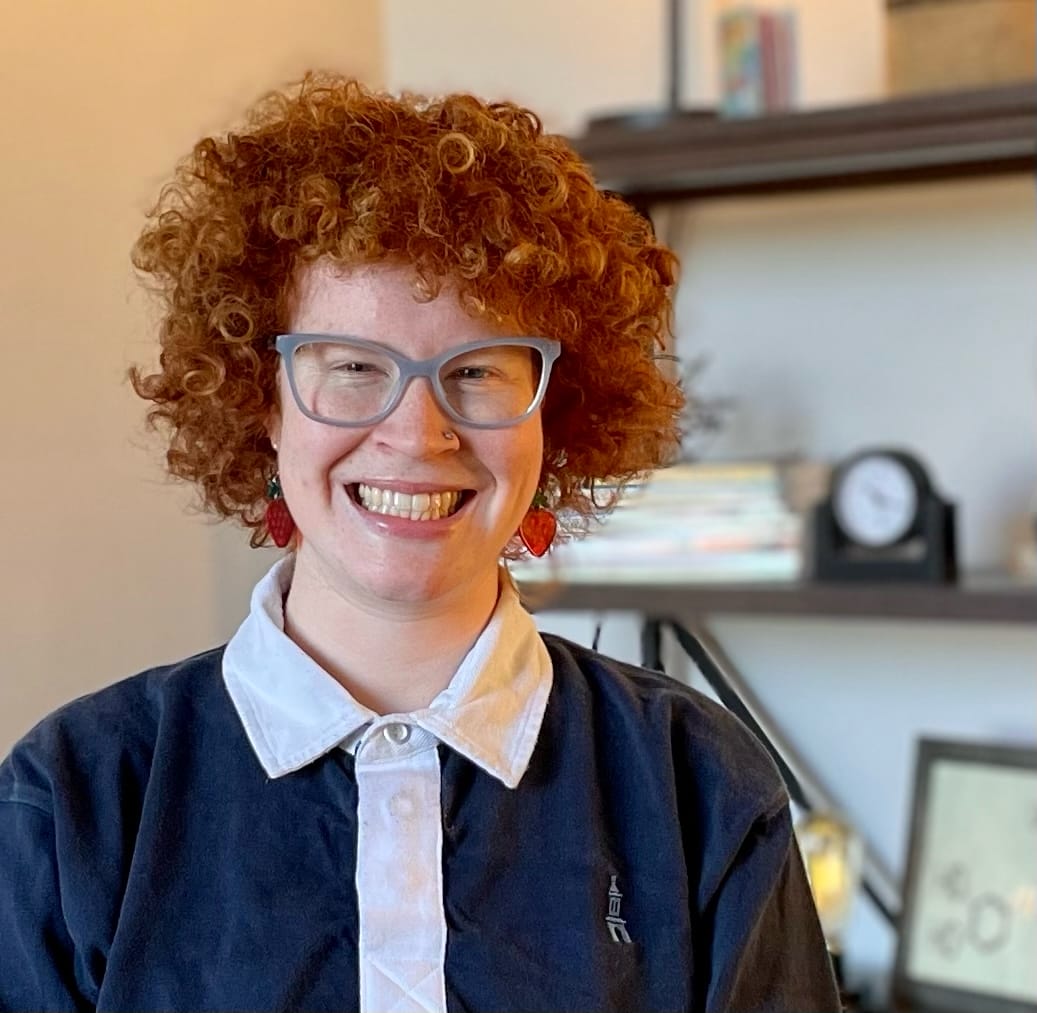
What Is Attachment-Based Therapy and How Can It Help You?
Have you ever felt disconnected or isolated from your partner, family, and/or friends? Have you ever felt like your partner or friends don’t open up to you as much as you’d like? Or maybe you have a hard time opening up to your loved ones because you tend to be more independent. If so, you’re not alone in either of these experiences. Many of us feel a sense of disconnect in our relationships, which can leave us feeling dissatisfied.
Luckily, attachment therapy can help us learn how to reconnect with those we love. Attachment-based Therapy (ABT) is an evidence-based therapeutic approach that helps individuals create secure attachments with themselves and those they care about. Here’s what you need to know about ABT and how it can help foster healthy relationships.
Our Specialists & Therapists For Attachment-Based Therapy in Philadelphia
What is Attachment Based Therapy?
Attachment-Based Therapy is a wonderful, life-changing approach to healing and psychological restoration. It helps adults and children build strong and meaningful relationships with their family members, friends, significant others, and communities. A lot of times, childhood trauma leads to unsatisfying relationships. This type of therapy allows clients to identify and heal from their trauma in order to live a fulfilling life.
Attachment-Based Therapy focuses on building secure, trusting relationships between the therapist and their client. ABT works to deepen the client’s understanding of their past experiences and how these experiences connect to their current relationships.


What is Attachment Theory?
Attachment theory, proposed by John Bowlby, asserts that an infant’s bond with its caregivers tremendously affects future mental development and influences their relationships with others. Attachment theory is a powerful concept that explains how our childhood can shape our social behavior today. Bowlby believed that infants develop a strong early attachment as long as their needs for security and comfort are met quickly and consistently.
A deep understanding of attachment theory can give us significant insight into how we think, feel, and behave in relationships throughout all stages of life. As we grow older, our relationship patterns are strongly shaped by the quality of the bonds we form in early childhood. It is never too late to become aware of our attachment style and take steps to re-establish a safe sense of connection with the people who matter most to us. Anyone can work towards a secure attachment style and experience greater fulfillment in their current relationships.
When is Attachment-Based Therapy Used?
Attachment-based Therapy is used when an individual has difficulty forming healthy relationships due to either unresolved childhood trauma or more recently experienced trauma. Whether an event has drastically changed the individual’s life or if there is a feeling of deep-rooted loneliness that resonates in their interpersonal connections. This form of Therapy can be used to develop secure attachments between the client and other important people in their life.
Attachment-based Therapy helps the individual create a sense of comfort with themselves and with others, allowing them to better connect on an emotional level. After beginning treatment, it doesn’t take long to start noticing a difference in how the individual relates within their relationships.
Benefits of Attachment-Based Therapy
Attachment-based Therapy offers much more than a pat on the back and a listening ear. With its focus on attachment issues, this powerful therapy has facilitated healing for many individuals. Attachment-based Therapy can result in the following:
- Improved relationships with parents, partners, and friends
- An increase in self-awareness and emotional intelligence
- An increase in resilience when faced with life’s challenges
- A better understanding of our interdependence with others
- Healing from trauma, fearfulness, suspiciousness, and other emotional issues that get in the way of relationship building


Effectiveness of Attachment-Based Therapy
Studies have shown that, when practiced correctly, this type of Therapy is highly effective in helping individuals create stronger relationships with the people they care about. In the long term, ABT has been found to improve a person’s overall emotional health and well-being – something that is invaluable for those looking for lasting change.
Is Attachment-Based Therapy a Good Fit for me?
Attachment-based Therapy is a great fit for those who are struggling to form close relationships or maintain relationships with significant people in their life. It can also be used by individuals who have experienced severe trauma and need help restoring trust and creating secure attachments.
If you are looking for help forming more meaningful connections, then Attachment-Based Therapy might be right for you. This type of Therapy can offer the guidance needed to build healthier connections with others. You will be able to understand how past experiences have shaped your current relationships.
Attachment-Based Therapy is a wonderful tool that can help individuals create secure and healthier relationships with people they care about. By focusing on attachment issues, this form of therapy can provide the guidance and understanding needed to create lasting bonds with significant people in our life. Whether you are looking to heal from trauma or strengthen relationships, Attachment-Based Therapy is an invaluable resource for restoring trust and creating meaningful connections.
How to Find an Attachment-Based Therapist
At The Better You Institute, we have licensed therapists specializing in Attachment-Based Therapy. We can help you find the right therapist to meet your unique needs and provide a safe environment for processing emotions during treatment.
Contact us for more info and a free consultation if you want to learn more about Attachment-Based Therapy!













